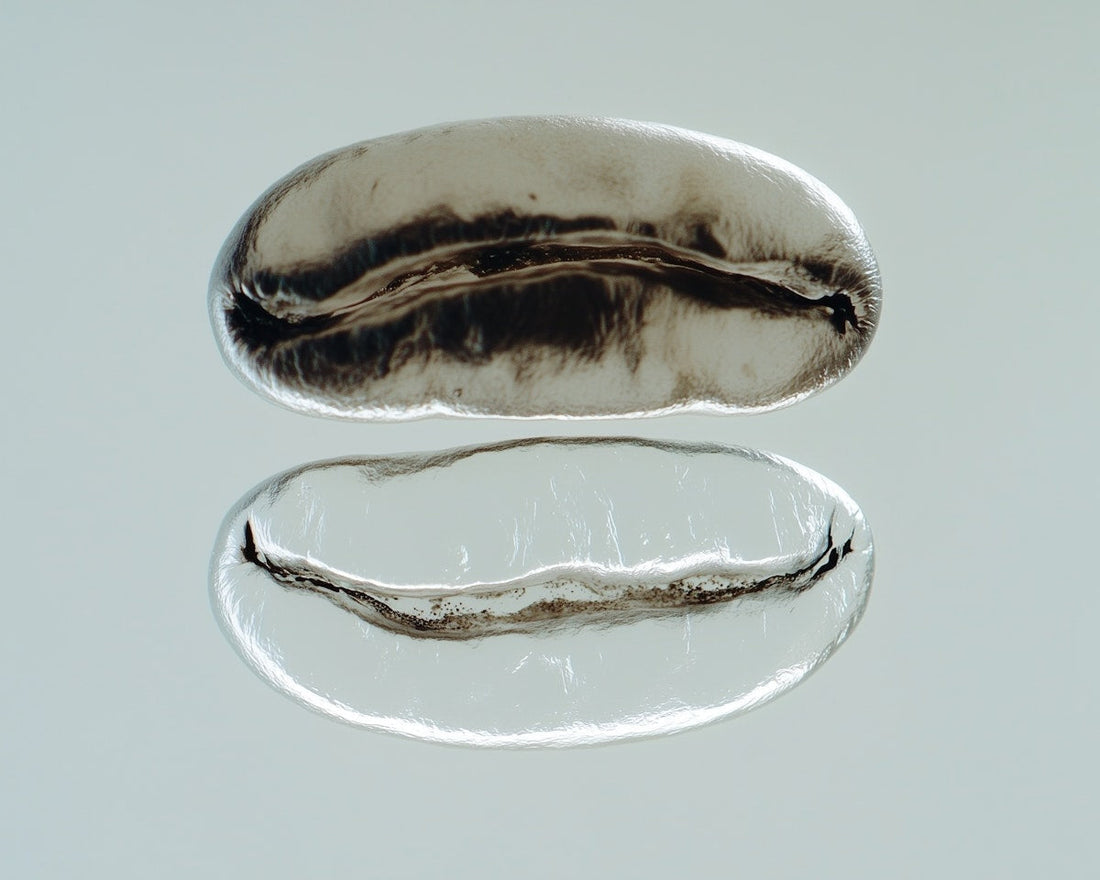
The Role of Coffee in Creativity and Productivity: Myth or Science?
Share
The Role of Coffee in Creativity and Productivity: Myth or Science?
From writers and philosophers to scientists and artists, coffee has always been present in the routines of great creative minds. Honoré de Balzac reportedly drank up to 50 cups a day while writing his novels. Beethoven counted exactly 60 coffee beans for his daily brew. Steve Jobs made coffee an inseparable companion during his long brainstorming sessions.
But does coffee truly enhance creativity and productivity, or is it simply a placebo effect, amplified by centuries of habit? Science has explored this relationship, and the findings are fascinating.
1. Coffee and the Brain: How It Affects Cognitive Performance
The active compound in coffee, caffeine, directly impacts the central nervous system. Its mechanism is simple yet powerful:
• Blocking adenosine → Adenosine is a neurotransmitter that promotes drowsiness. Caffeine binds to adenosine receptors, preventing the brain from receiving fatigue signals. This results in increased alertness and energy.
• Boosting dopamine → Coffee stimulates the release of dopamine, the neurotransmitter linked to pleasure, motivation, and focus. This explains why many people feel more productive and creative after a cup of coffee.
• Enhancing memory and cognition → Studies indicate that moderate caffeine intake can improve short-term memory, making the brain more efficient in retaining information and solving problems.
However, it’s essential to understand that these effects are not linear—the amount of coffee consumed and the timing of intake are crucial in determining real benefits.
2. Coffee as a Creative Stimulant: Fact or Illusion?
Creativity isn’t just about energy and focus—it also requires the ability to think non-linearly, making unexpected connections between ideas. This is where an interesting paradox arises: coffee makes us more productive, but does it truly make us more creative?
• Convergent vs. Divergent Thinking
Coffee enhances convergent thinking, meaning the ability to find efficient solutions to a specific problem. However, creativity often relies on divergent thinking, which explores unconventional and less obvious paths.
• Coffee and Sensory Stimulation
Being in an environment where the aroma and ritual of coffee are part of the atmosphere can indirectly stimulate creativity. The association between coffee and moments of focus acts as a trigger for the brain to enter a productive state.
• Coffee as a Creative Ritual Many creative minds use coffee not just for its physiological effects but as a transition ritual into a flow state—that immersive mental space where deep work and creativity flourish.
Conclusion? Coffee alone does not create creativity, but it can establish the ideal conditions for it to emerge.
3. Coffee and Productivity: Finding the Right Dose If you want to use coffee to enhance productivity without compromising well-being, some strategies can help:
Avoid excess: 50mg to 200mg of caffeine (approximately 1 to 3 cups) is ideal for boosting focus without causing anxiety or energy crashes.
Timing matters: The best window to drink coffee is between 9 AM and 11 AM, when natural cortisol levels (the alertness hormone) start to decline. Drinking coffee too early can reduce its effectiveness throughout the day.
Avoid coffee before bedtime: Caffeine can stay in the body for up to 6 hours. To protect sleep quality, it’s best to avoid coffee after 4 PM —rest is essential for creativity.
Alternate with strategic breaks: Studies show that intense work cycles interspersed with breaks enhance productivity. A coffee break between these cycles can help maintain energy without mental fatigue.
4. The Connection Between Coffee and Great Creative Minds
Many geniuses in history had highly specific coffee rituals that influenced their work routines.
Salvador Dalí → Drank coffee slowly, allowing his mind to wander before painting. For him, coffee was a portal to surrealism.
Honoré de Balzac → Drank black coffee throughout 15-hour writing sessions. He believed coffee put his mind in a state of "hyperconsciousness."
Ludwig van Beethoven → Insisted on counting exactly 60 coffee beans per cup, ensuring a precise brew to maintain mental clarity while composing.
This historical relationship between coffee and creativity is not merely anecdotal—it is a fusion of caffeine’s effects and the ritual surrounding the act of drinking coffee.
5. How to Use Coffee to Enhance Creativity and Productivity
If you want to use coffee strategically to boost cognitive and creative performance, consider these techniques:
1 - Use coffee as a ritual → Treat the preparation of coffee as a transition moment before engaging in deep work. The act of grinding beans, inhaling the aroma, and brewing the drink signals to the brain that it’s time to enter a flow state.
2 - Choose the right coffee for each moment →
• Intense coffees (Espresso, AeroPress): Ideal for high-focus, high-productivity tasks.
• Smoother, filtered coffees (V60, Chemex): Better suited for moments of reflection and creativity.
3 - Experiment with sensory methods → Enjoy coffee in open wine glasses to intensify aromas and stimulate sensory connections that may spark creative insights.
4 - Combine coffee with strategic breaks → Working in 90-minute deep work cycles followed by short breaks maximizes productivity. A coffee break during these pauses restores energy without overloading the system.
Conclusion: Coffee as Fuel for the Mind
Coffee is not a magical potion that generates instant genius, but it can be a powerful facilitator. Whether through caffeine’s cognitive boost or the ritual that structures creative moments, this ancient beverage remains one of the greatest allies of human intellect.
The next time you seek inspiration, prepare a cup, adjust your environment, and allow yourself to immerse in the extraordinary.
As Balzac once wrote:
"Coffee falls into the stomach, and from that moment, everything begins to stir. Ideas move, associations form, characters come to life, and the paper fills with ink.

